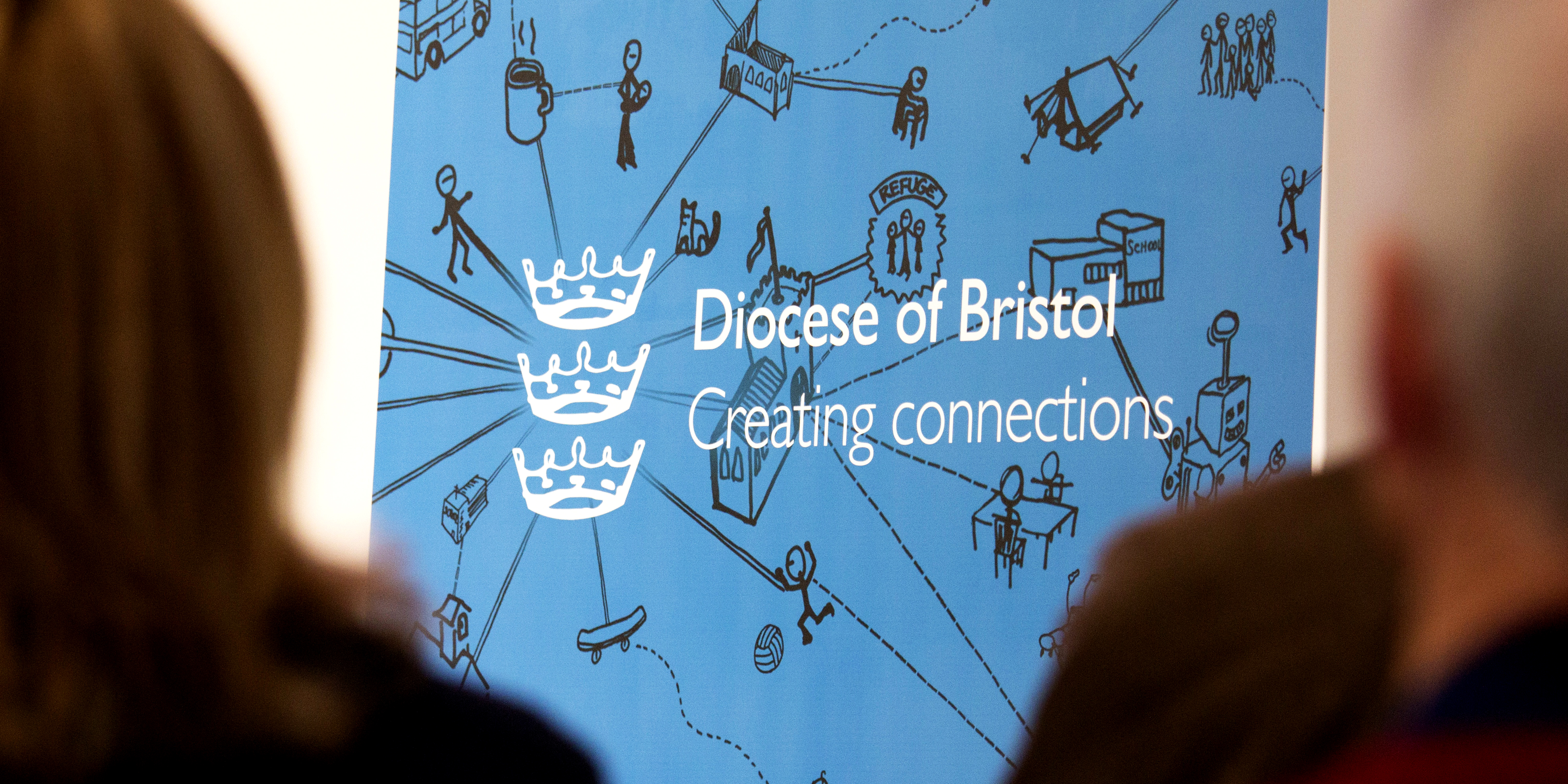
The Diocese of Bristol participated in a peer review process in November 2016.
Peer review is part of Renewal and Reform whereby a review team visits a dioceses senior leadership team to hold up a mirror to the Dioceses work.
The purpose of peer review is to help ensure mutual accountability over how resources are being used; to facilitate shared learning between dioceses about their plans for mission, evangelism and discipleship; ultimately to strengthen a dioceses mission and finance.
The process seeks to combine the principles of good stewardship, accountability and transparency to strengthen communion within the Church through the application of the gifts of leadership, wisdom and administration.
A group of around 50 peer reviewers who have been selected and trained from dioceses across the Church of England have been carrying out these reviews. Bristols peer review team consisted of an independent chair with a senior professional background, an area Bishop and a Diocesan Secretary. They had prepared by reviewing a range of papers, including a detailed self-assessment prepared by the Diocese, and conducting telephone interviews with different people in the Diocese.
As a result of a days meeting with members of the Bishops Staff and team leaders in the Diocesan Support Services, the peer review team wrote a report for the diocesan leadership team to which they subsequently provided a response. The Bishops Council has considered and endorsed the report and its response.
The following is a summary of the report and response:
- The Bishops senior staff are a united, collaborative and strategic team.
- Strong governance structures - highly effective Bishops Council and a very engaged Diocesan Synod.
- The Dioceses safeguarding work is strong, well staffed and provides effective support to parishes.
- The Diocesan Support Services have been reorganised very effectively in line with the Dioceses goals.
- The Services focus not on telling parishes what to do but on supporting them in delivering their own plans for mission, ministry and outreach.
- Parishes acknowledge and welcome the Dioceses strong ethos of service.
- The launch of 'Creating connections' and the supporting toolkit has been successful.
- Feedback from parishes to date is positive and indicates that parishes understand how 'Creating connections' fits into their context.
- Work on vocations and on recruitment and deployment of stipendiary ministers, SSMs, OLMs and LLMs is strong.
- The Diocese has a culture of learning from past experience
- Pastoral support of clergy is highly effective
- The Dioceses schools work (including its Multi-Academies Trust) is well regarded.
- There is a strong focus on encouraging and sharing learning and good practice in school-parish links.
- Further work required on long term financial planning and diversity of leadership across the Diocese.
Conclusion
The diocesan peer review is an ongoing process and the Diocese of Bristol expects to participate again in late 2018.
The peer review process, the Bishops Staff Teams participation in the Strategic Learning Community (a three year programme with five other dioceses to share learning, provide accountability and develop practice) and the independent Safeguarding Audit in February 2017 have all provided invaluable opportunities for constructive feedback within the community of the Church of England.
The learning, accountability and development provided will, we pray, help further our practice, stewardship, vision and priorities in the years ahead.
A full summary of the peer review report and diocesan response has now been provided to Diocesan Synod and can be read here
More information about Renewal and Reform as well as peer reviews can be found on the Church of England website